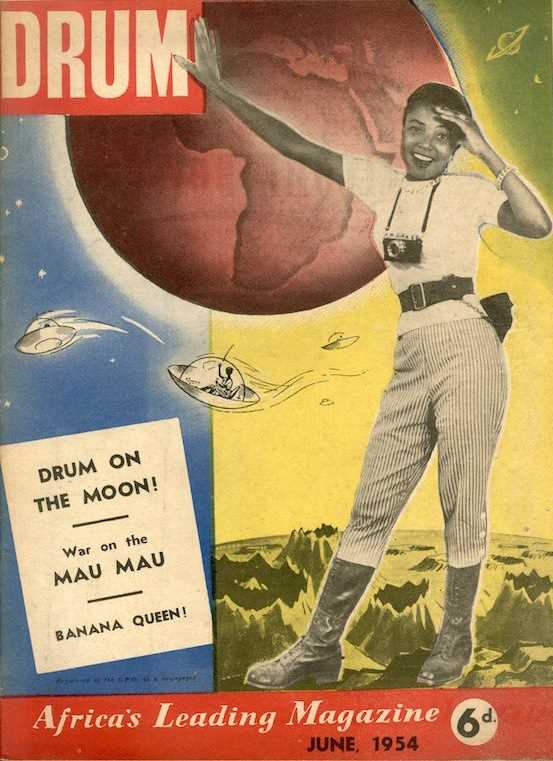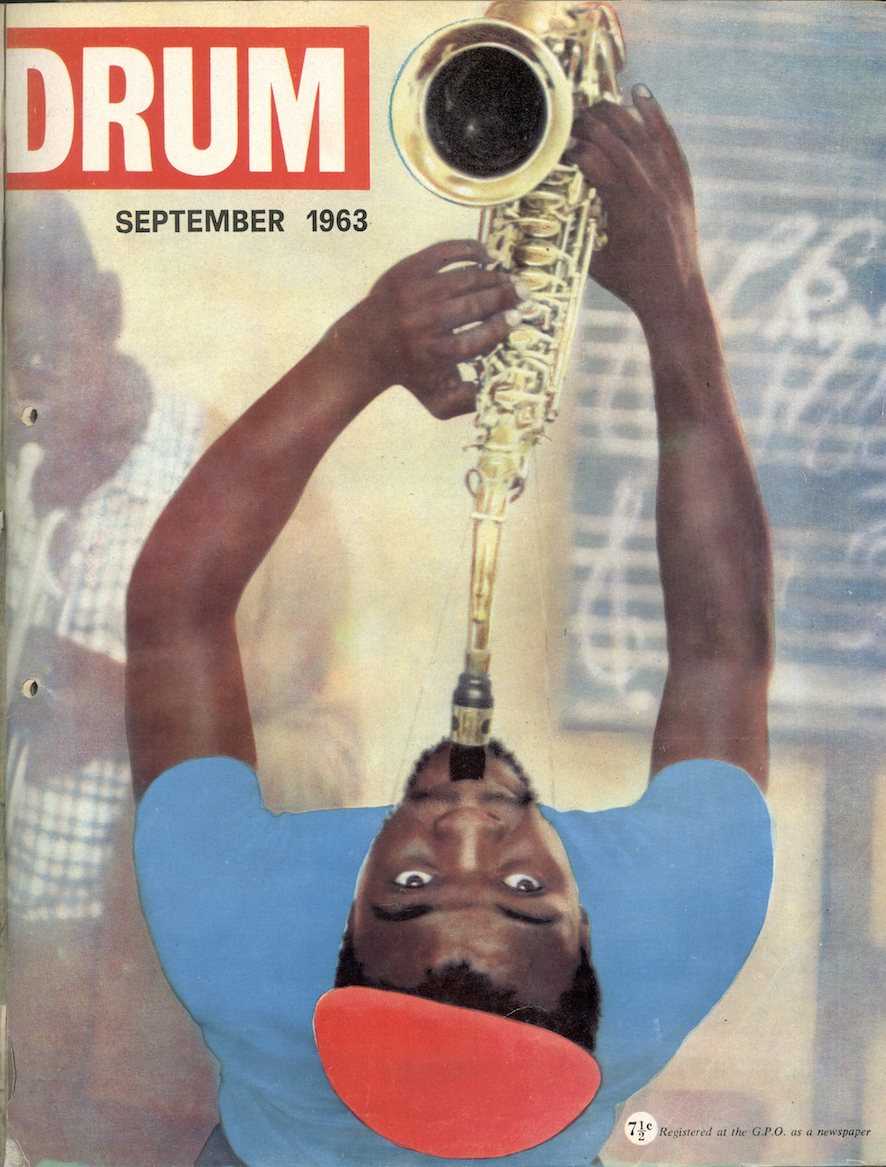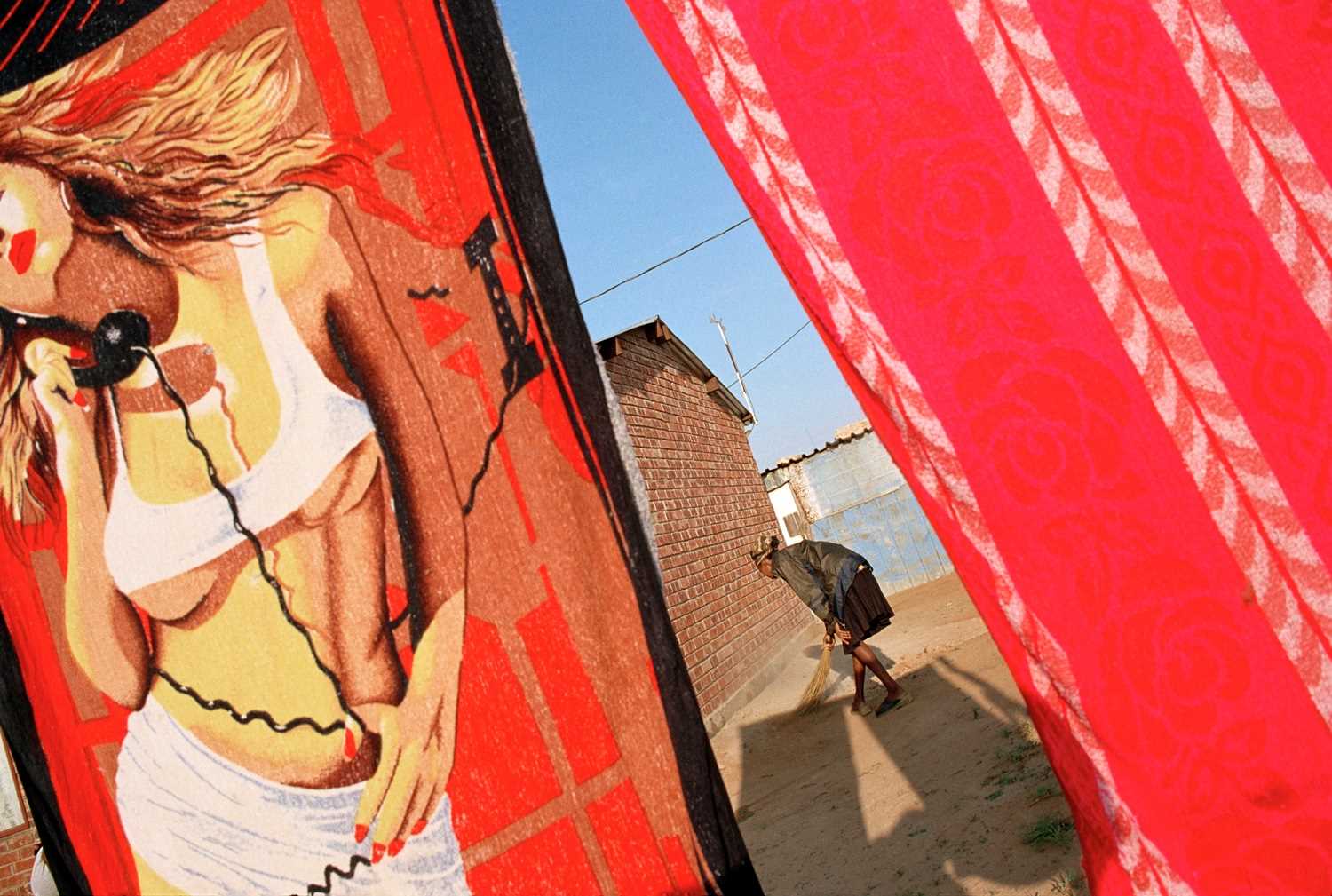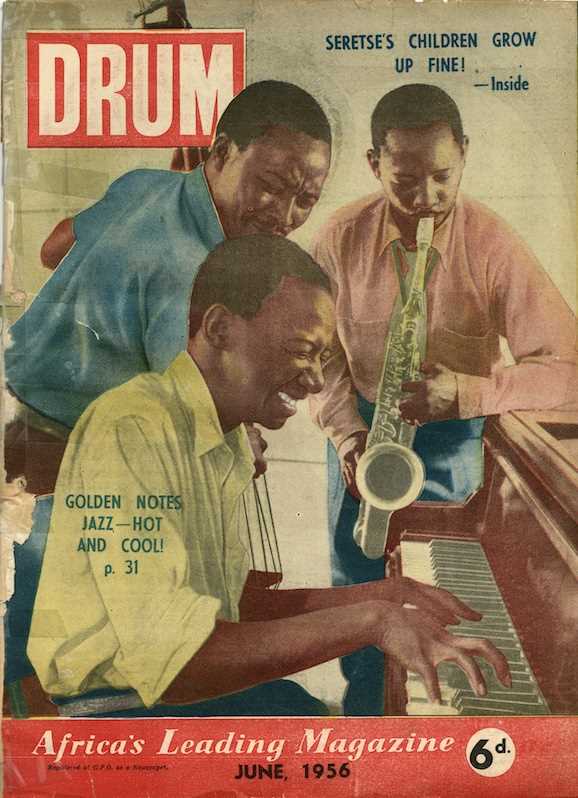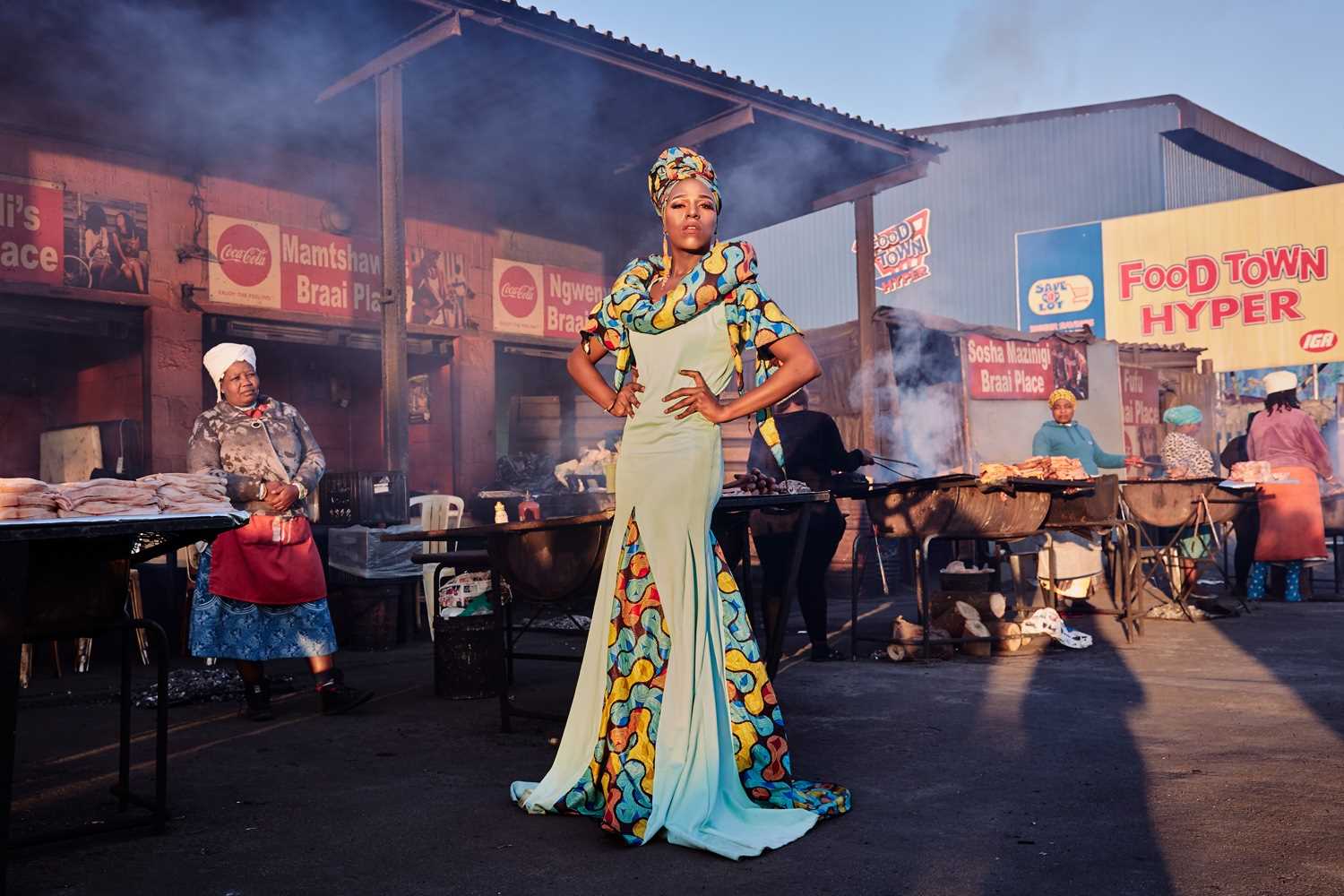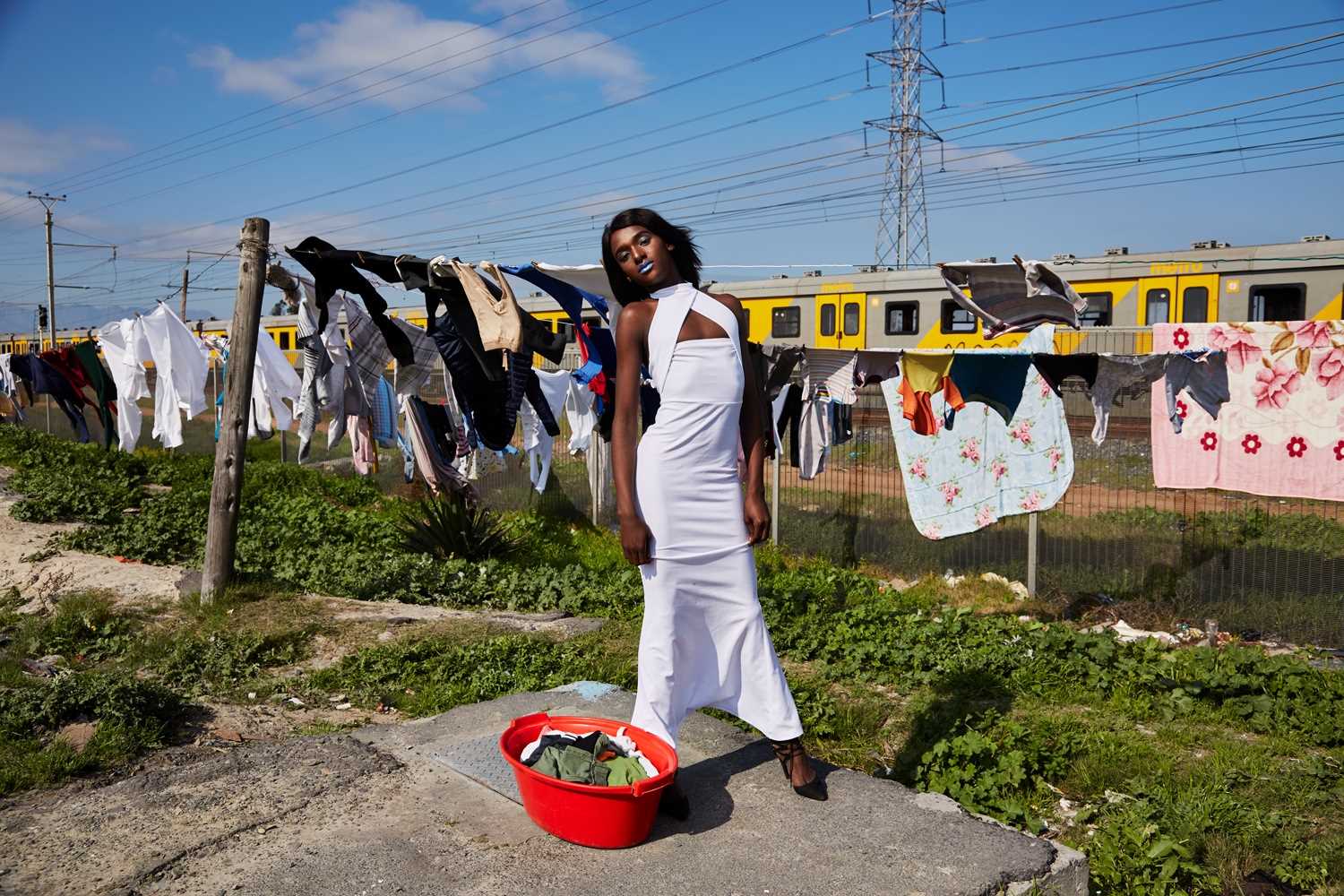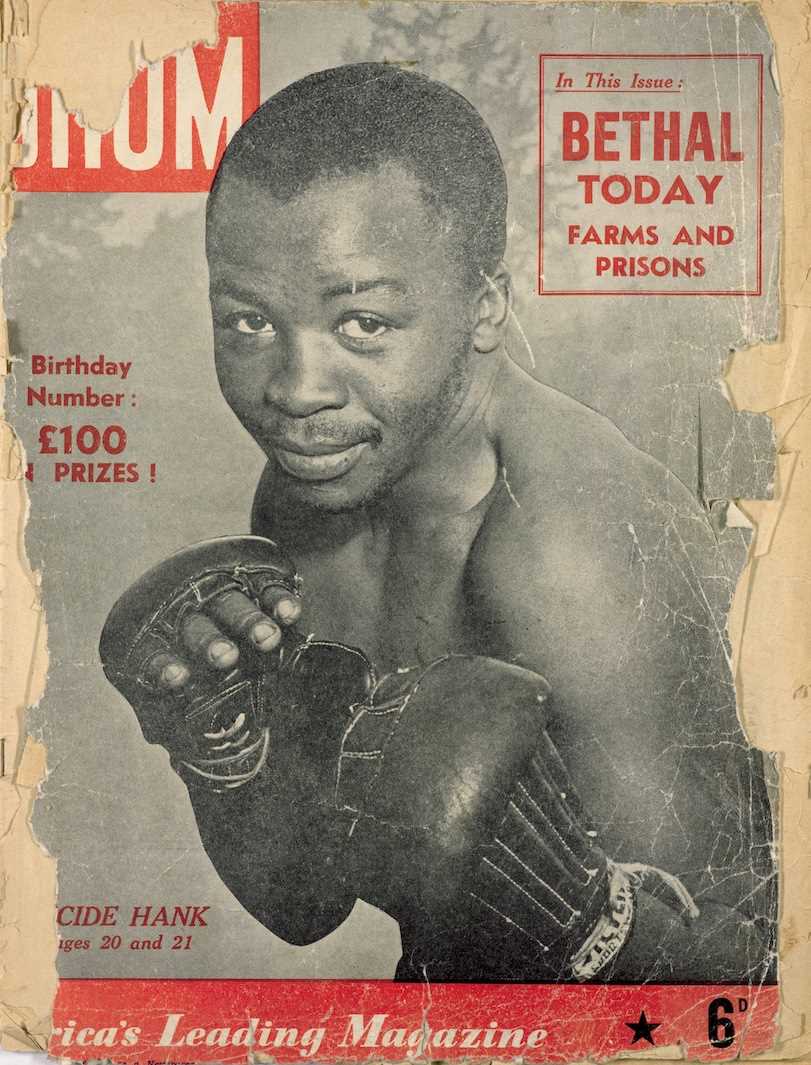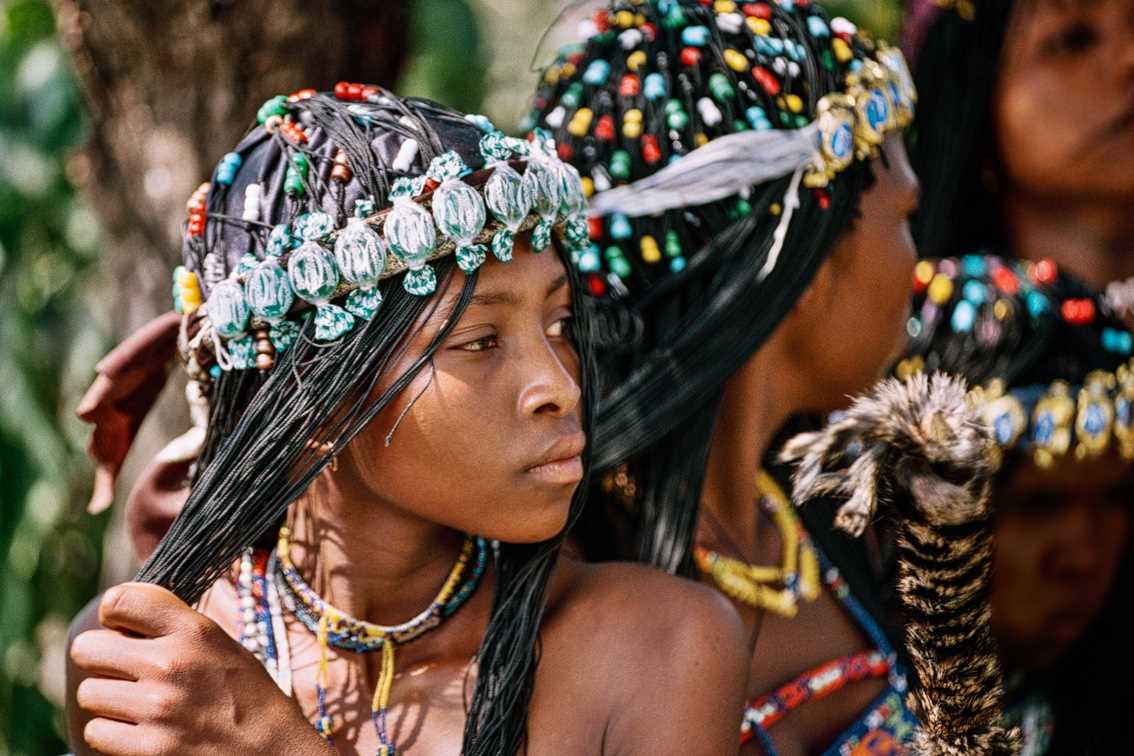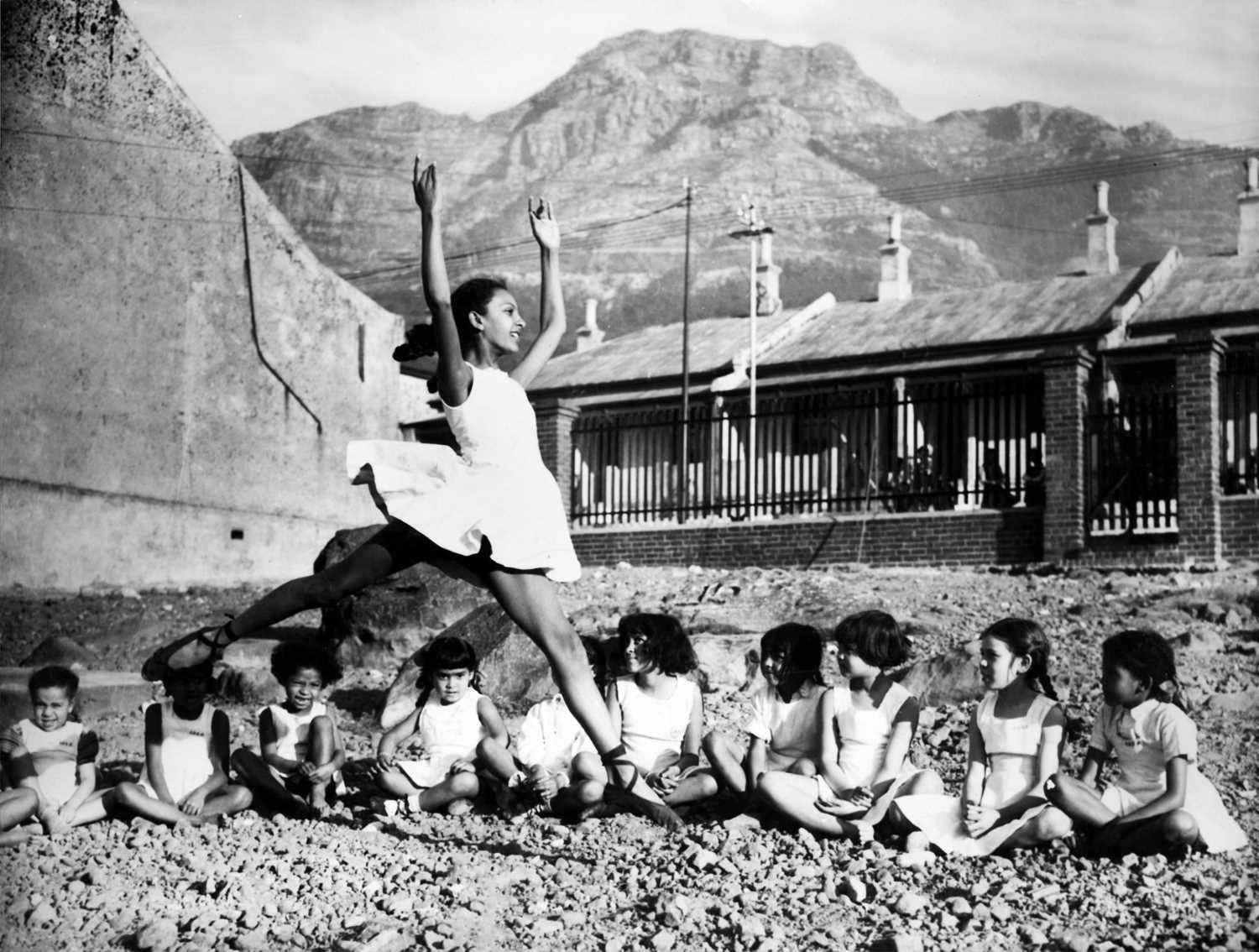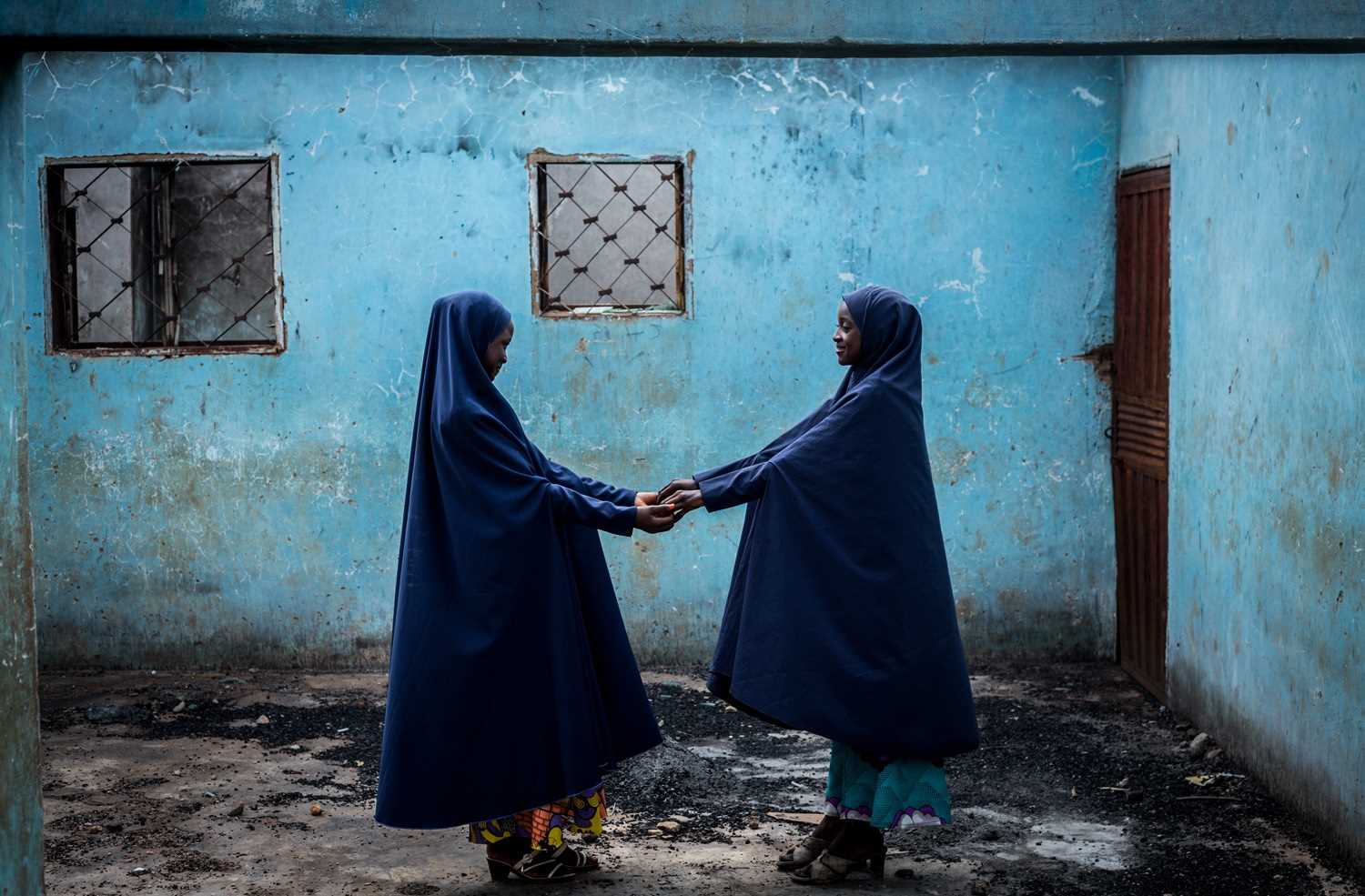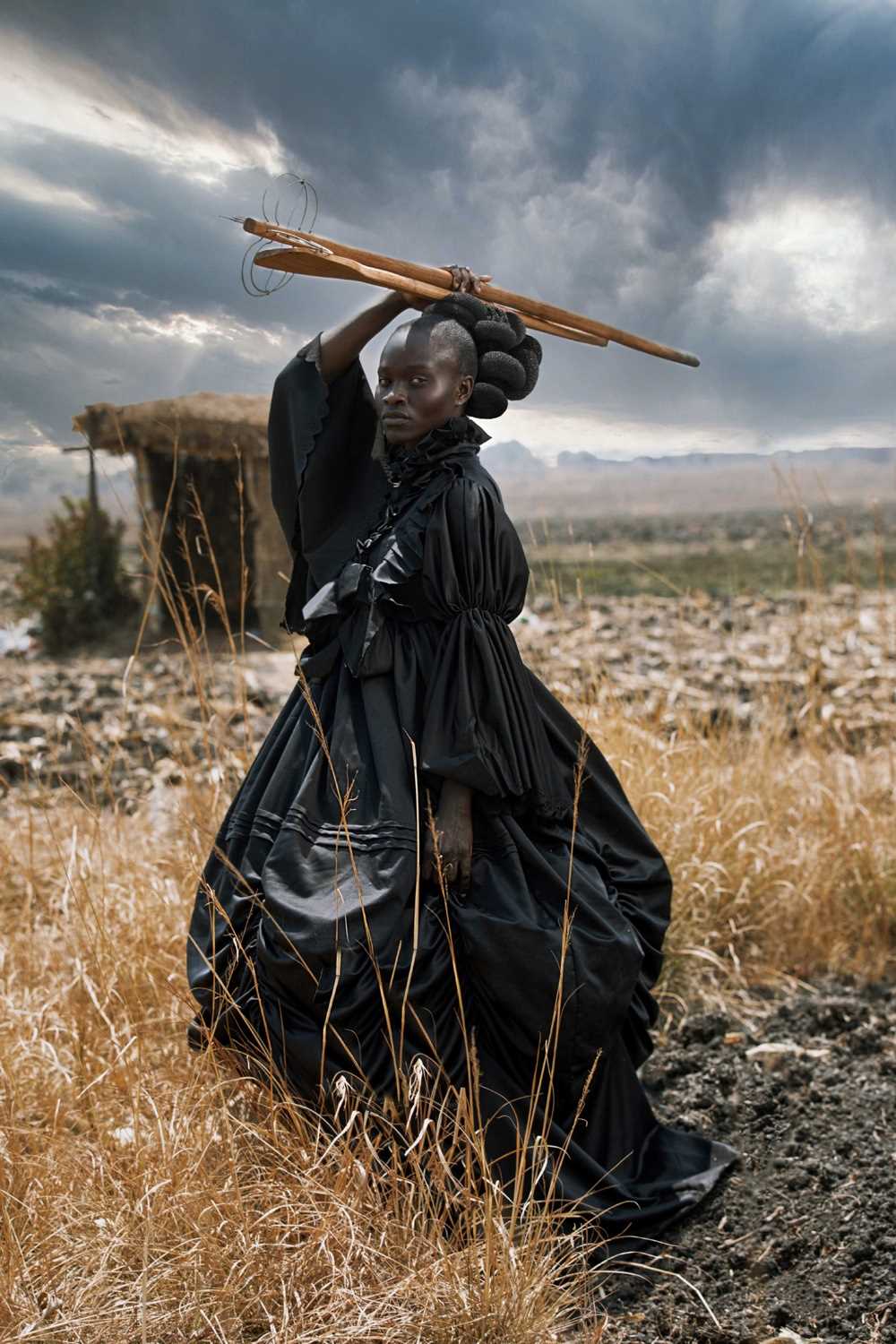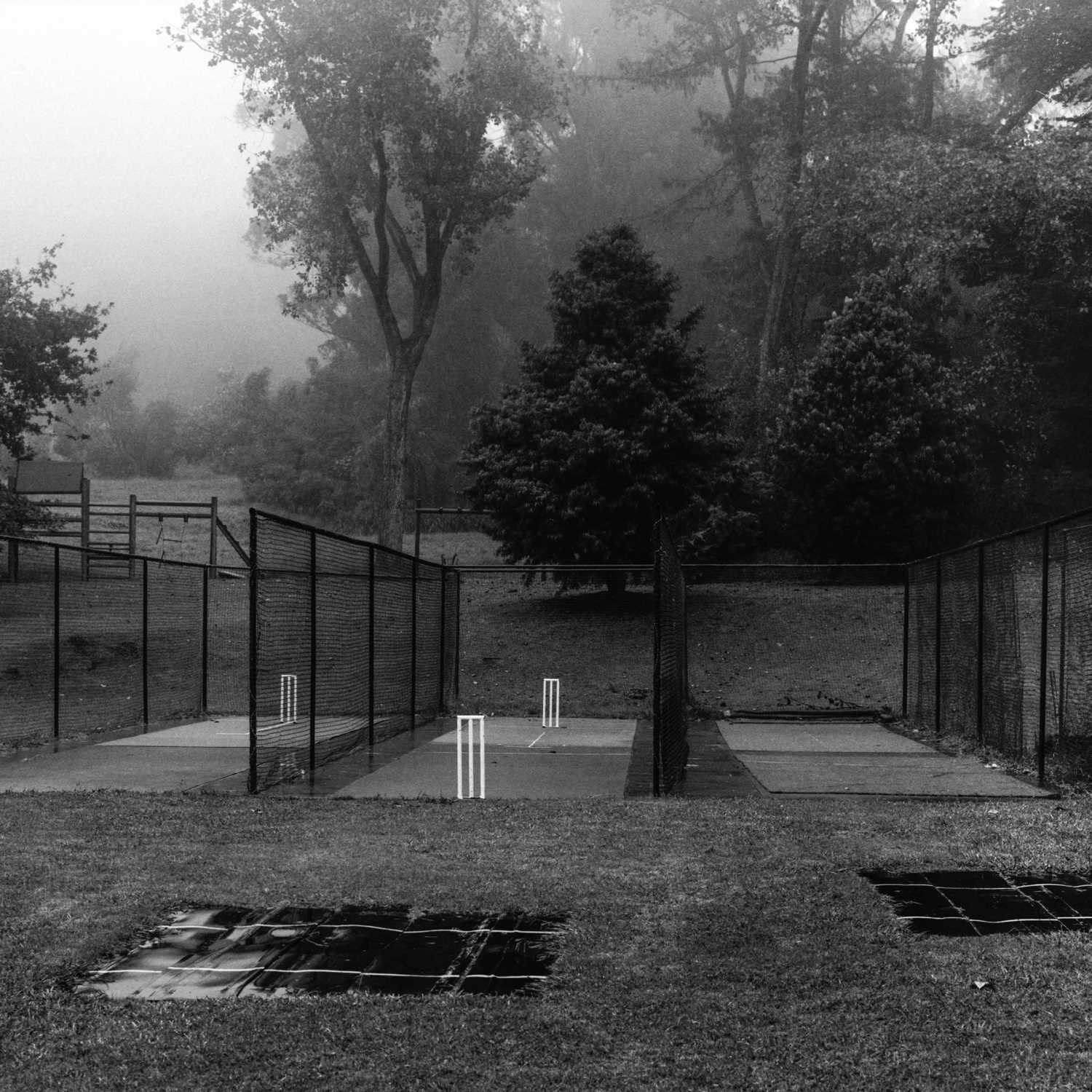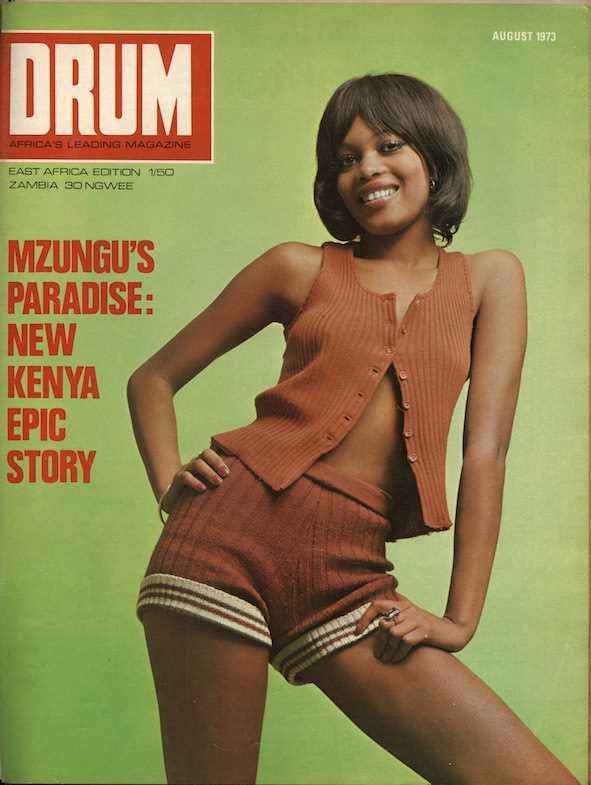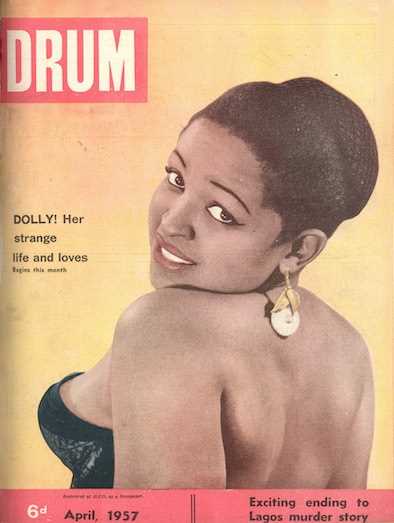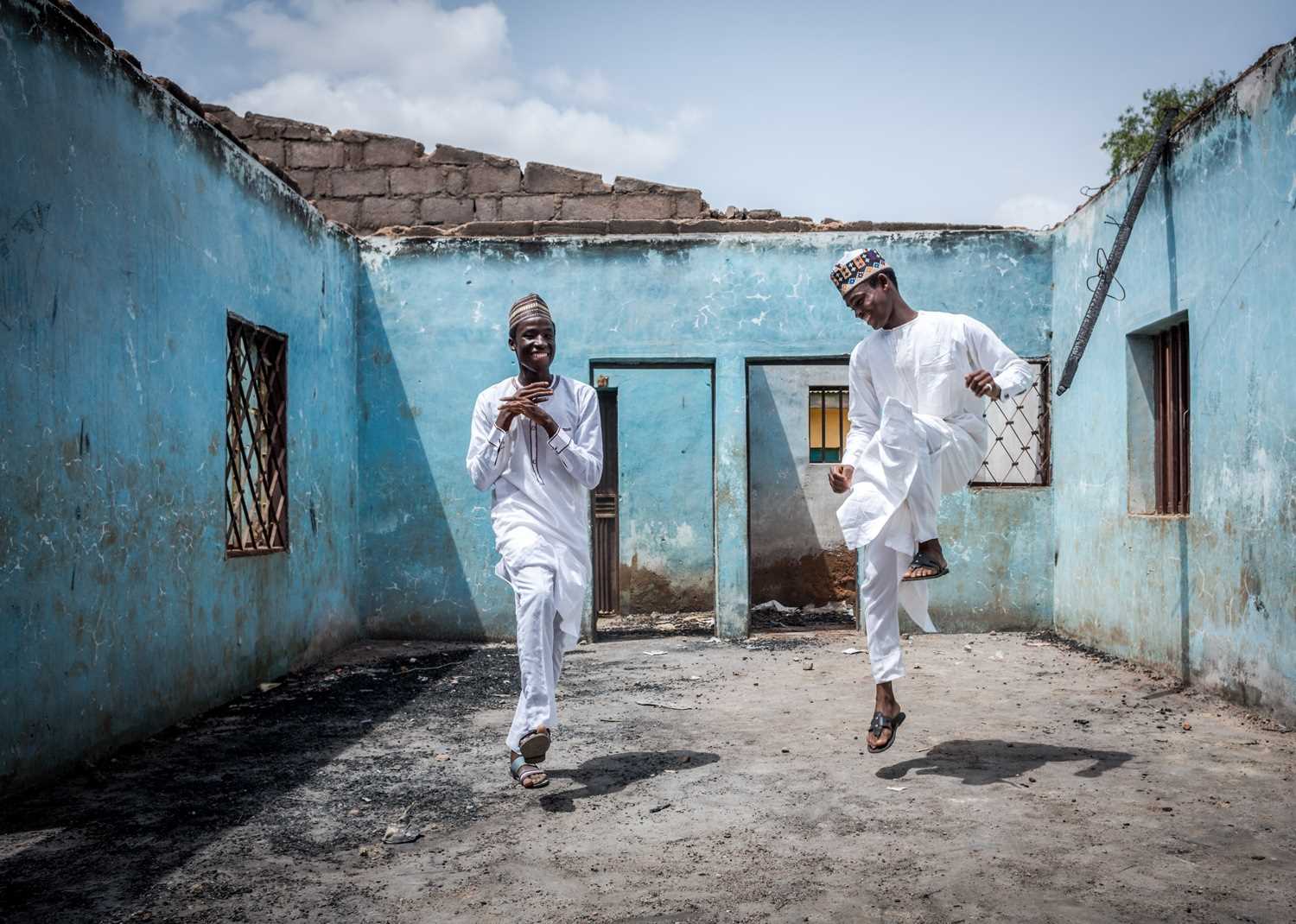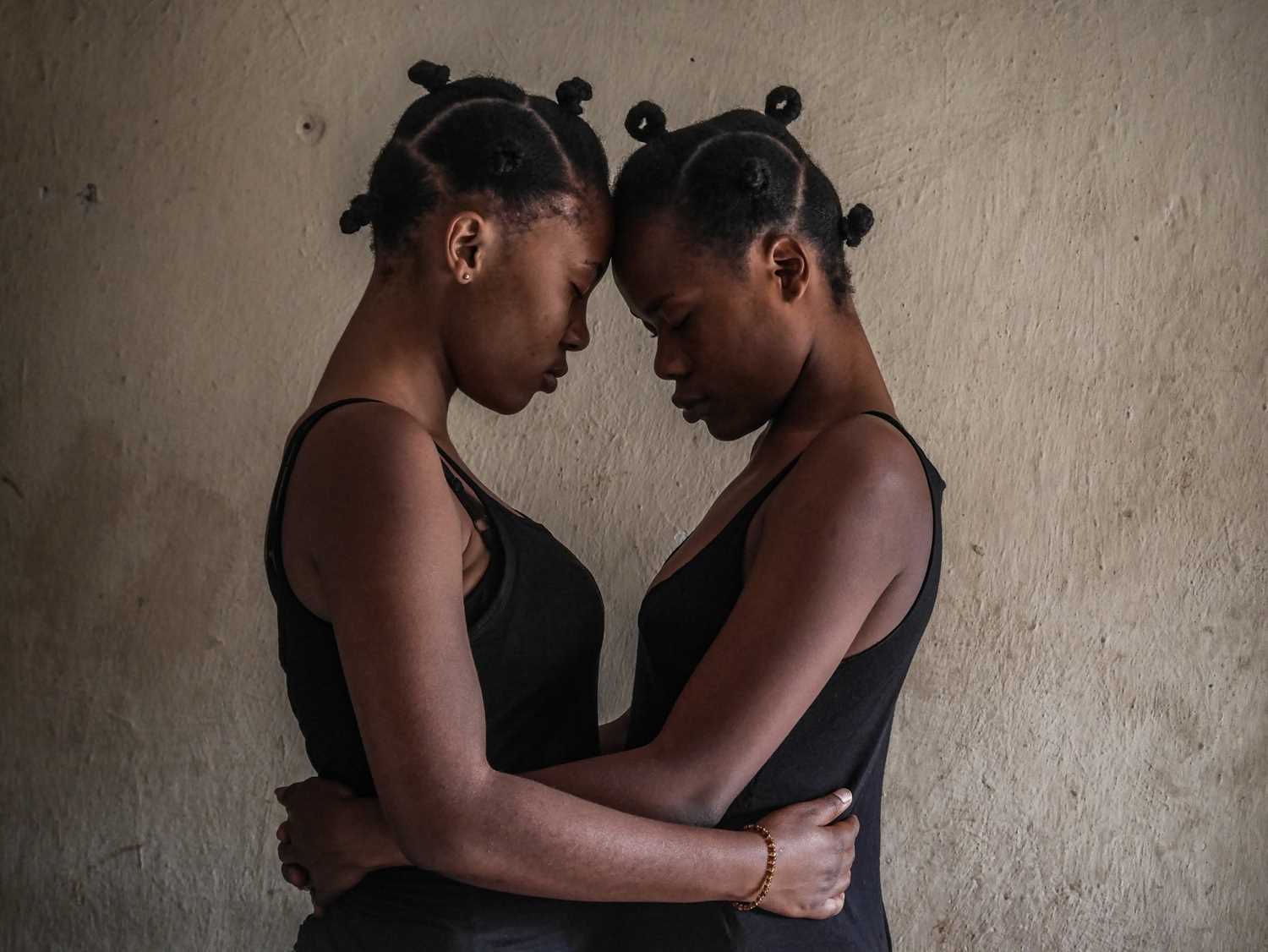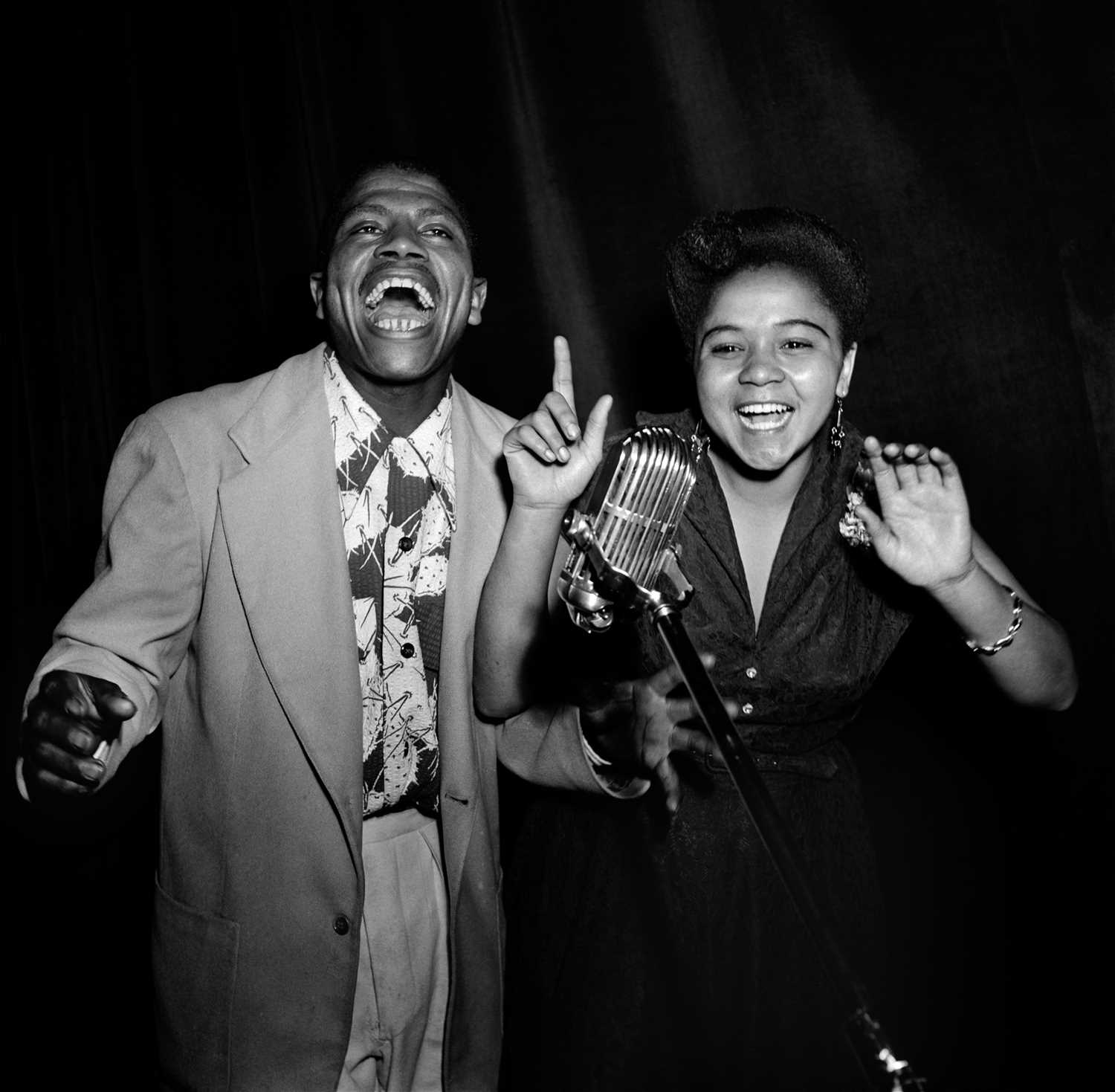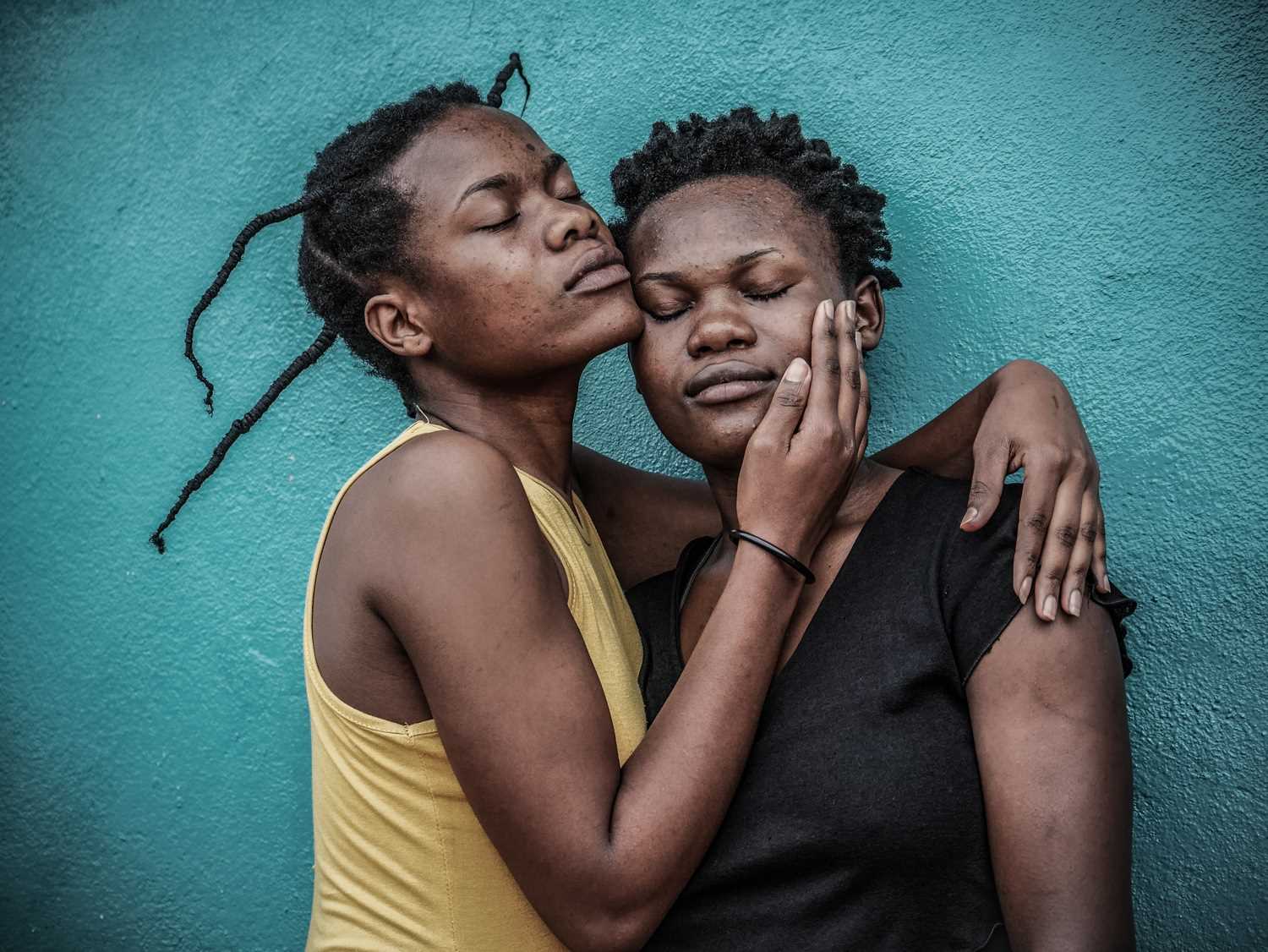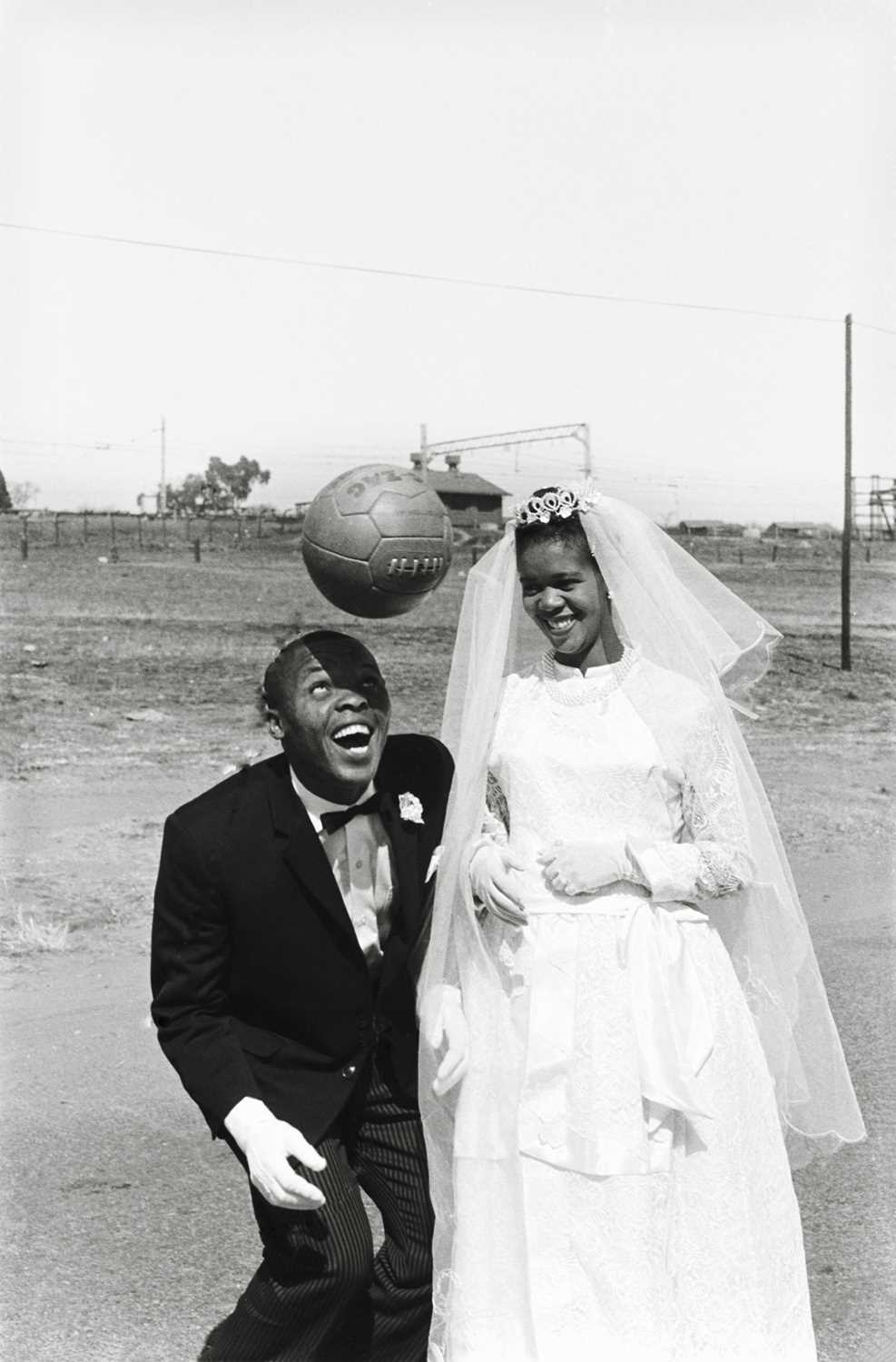Ending 27th Jul, 2021 20:23
Aspire X PLP | African Photography Auction 2021
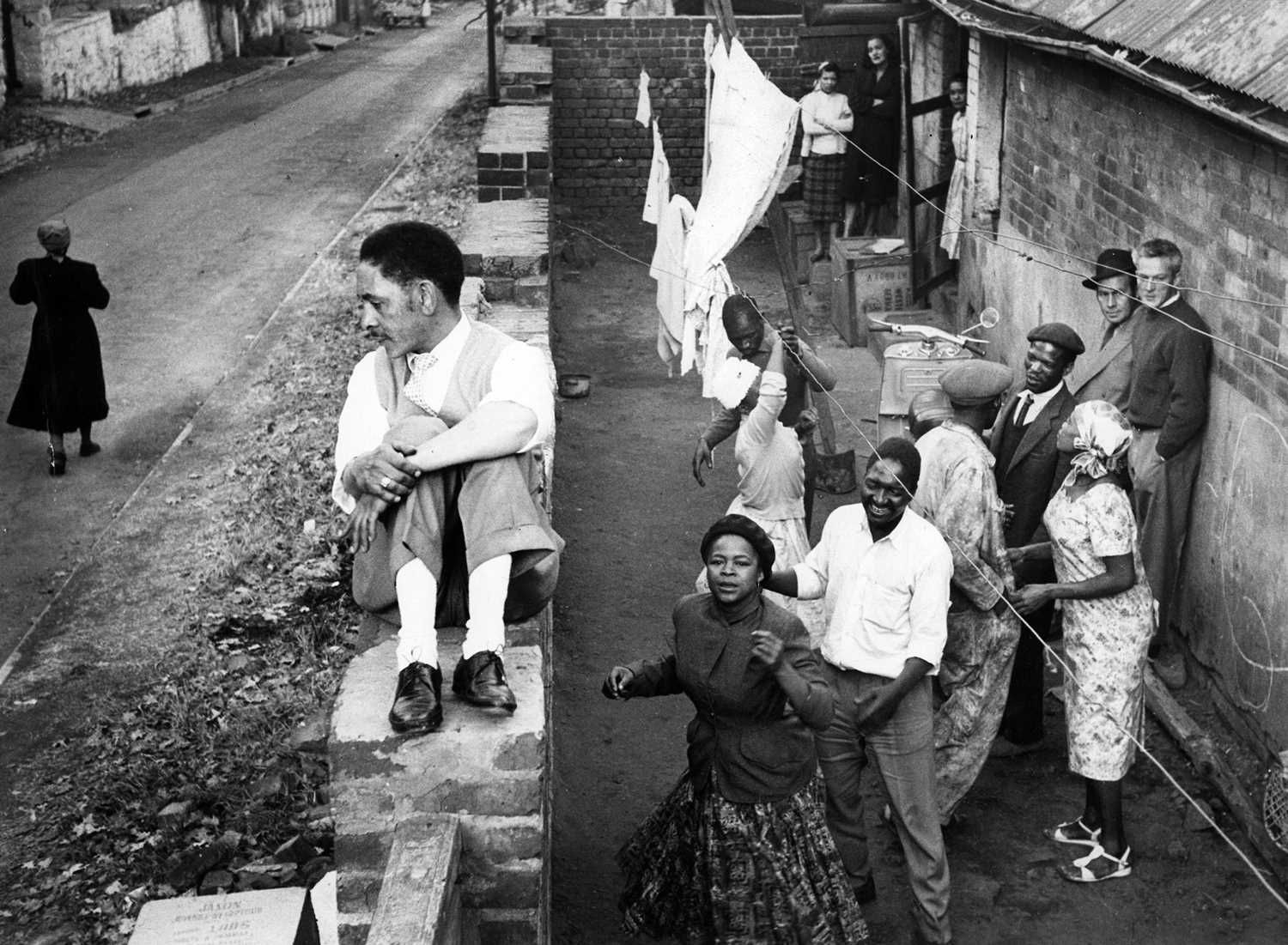
82
Unknown Photographer © BAHA
Let The People Drink
non-fugitive pigment print on archival fibre-based Baryta
Artwork date: circa 1950s
Signature details: stamped with the BAHA Stamp
Edition: number 1 from an edition of 25
Sold for R9,966
Estimated at R3,000 - R4,000
non-fugitive pigment print on archival fibre-based Baryta
Artwork date: circa 1950s
Signature details: stamped with the BAHA Stamp
Edition: number 1 from an edition of 25
(1)
image size: 35 x 45 cm ; sheet size: 42 x 59.5 cm unframed
Drum magazine, founded by the son of financier Abe Bailey in 1951, modelled itself on the popular picture magazines so prevalent in that time, like Life and Picture Post. The magazine’s approach was based on the photo-essay, where photographs played a central role in the storytelling. Drum photographers and writers set a standard for picture magazines unparalleled in Africa. The magazine’s heyday was between the political bookends of the Defiance Campaign and the tragedy of the Sharpeville Massacre.
Drum captured the spirit of the urbanisation of African people in South Africa and the continent. Political stories of the time, music and cover girls, all coalesced together in a fascinating melting pot from cover to cover. Caught up in a postwar moment, the magazine reflected the influence of cinema, icons, fashion, and the spirit of liberation from the colonial past and apartheid. The photographers associated with Drum’s success were Jürgen Schadeberg, Bob Gosani, Peter Magubane, Alf Kumalo along with a host of brilliant writers like Henry (‘Mr DRUM’) Nxumalo, Can Themba, Todd Matshikiza, and Nat Nakasa. Lewis Nkosi, one of Drum’s staffers, described his talented colleagues as “the new African[s] cut adrift from the tribal reserve – urbanised, eager, fast-talking and brash”. A number of Drum writers went on to make significant contributions to African literature.
The heart of the magazine was coverage on crime, investigative reporting, sex (especially if across the ‘colour line’), and sport. This was complemented by imaginative and excellent photography. Peter Magubane described the atmosphere in the newsroom: “Drum was a different home; it did not have apartheid. There was no discrimination in the offices of Drum magazine. It was only when you left Drum and entered the world outside of the main door that you knew you were in apartheid land. But while you were inside Drum magazine, everyone there was a family.” The spirit of Drum is symbolised by the mantra, “live fast, die young and have a good-looking corpse”. The collection assembled here also encapsulates a spirit of an era in its iconic imagery and covers. The Drum archive will also be represented on the PLP online platform.
Drum magazine, March 1956: "Let the People Drink...They are Drinking anyway - In the townships there are the handsome respectable shebeens...these make you feel at home, the atmosphere is friendly and sociable." (The date of this specific picture is unknown - this could be a shebeen in Fietas (Vrededorp) or Sophiatown.)
LIVE AUCTION:
If this is a Live Auction you have several methods in which to place your bids.
Please see https://www.aspireart.net/buying/ for more information on bidding in a Live auction.
TIMED-ONLINE AUCTION:
If this is a Timed-Online auction - all bidding takes place right here.
Once logged in, simply enter your maximum bid.
An email will be sent to you if you are winning, if the reserve is not met, or if you are outbid.
As well as receiving emails, you will see the status of your bids on the website with a 'flash' showing your current bid status; you can also view this information on your 'My Account' page.
IMPORTANT NOTICE:
Max bid
You can leave a maximum bid by entering the maximum amount that you wish to bid up to on a particular lot. In doing so, the bidding system will automatically and incrementally bid on your behalf, up to your maximum bid amount in the event that you are outbid by another auction registrant.
When you are outbid, the bidding system will automatically bid one increment above the latest winning bid to ensure that you are the winning bidder and will do so until your maximum amount is reached.
Once you are no longer the winning bidder, it means that your maximum bid amount has been outbid by another registrant.
When you are not the winning bidder, but your maximum bid amount is the same as the current winning bid, it means that you were outbid by another registrant whose maximum bidding amount either matches or exceeds your maximum bid amount and that the winning bidder placed their absentee bid prior to yours.
NB: The system gives sequential preference to bidders based on when they first entered their bid into the bidding system.
Auction: Aspire X PLP | African Photography Auction 2021, ending 27th Jul, 2021
The sale, presented in partnership with the Photography Legacy Project (PLP) was the largest collection of African photography ever to come to auction.
Notable inclusions were works by Zimbabwean photographer Tamary Kudita and young award-winning woman photographer, Lee-Ann Olwage who collaborated with Belinda Qaqamba Kafassie. Emerging photographers like Kongo Astronauts collective (DRC) and the documentary imagery of Etinosa Yvonne (Nigeria) added depth and diversity, while the older generation of established practitioners like David Goldblatt, Alf Kumalo and Ernest Cole also featured.
HIGHLIGHTS
Currency conversions are based on the exchange rate at the auction's start time and date. Bidders should verify the current exchange rate on the day of the sale. All invoices and payments must be made in South African Rands.
IMPORTANT NOTICE:
Logistics
While we endeavour to assist our Clients as much as possible, we require artwork(s) to be delivered and/or collected from our premises by the Client. In instances where a Client is unable to deliver or collect artwork(s), Aspire staff is available to assist in this process by outsourcing the services to one of our preferred Service Providers. The cost for this will be for the Client’s account, with an additional Handling Fee of 15% charged on top of the Service Provider’s invoice.
Aspire Art provides inter-company transfer services for its Clients between Johannesburg and Cape Town branches. These are based on the size of the artwork(s), and charged as follows:
Small (≤60x90x10 cm): R480
Medium (≤90x120x15 cm): R960
Large (≤120x150x20 cm): R1,440
Over-size: Special quote
Should artwork(s) be collected or delivered to/from Clients by Aspire Art directly, the following charges will apply:
Collection/delivery ≤20km: R400
Collection/delivery 20km>R800≤50km
Collection/delivery >50km: Special quote
Packaging
A flat fee of R100 will be added to the invoice for packaging of unframed works on paper.
International Collectors Shipping Package
For collectors based outside South Africa who purchase regularly from Aspire Art’s auctions in South Africa, it does not make sense to ship artworks individually or per auction and pay shipping every time you buy another work. Consequently, we have developed a special collectors’ shipping package to assist in reducing shipping costs and the constant demands of logistics arrangements.
For buyers from outside South Africa, we will keep the artworks you have purchased in storage during the year and then ship all the works you have acquired during the year together, so the shipping costs are reduced. At the end of the annual period, we will source various quotes to get you the best price, and ship all your artworks to your desired address at once.
Aspire Art will arrange suitable storage during, and cost-effective shipping at the end, of the annual period.
Collections
Collections are by appointment, with 24-hours’ notice
Clients are requested to contact the relevant office and inform Aspire Art of which artwork(s) they would like to collect, and allow a 24-hour window for Aspire Art’s logistics department to retrieve the artwork(s) and prepare them for collection.
Handling Fee
Aspire Art charges a 15% Handling Fee on all Logistics, Framing, Restoration and Conservation arranged by Aspire.
